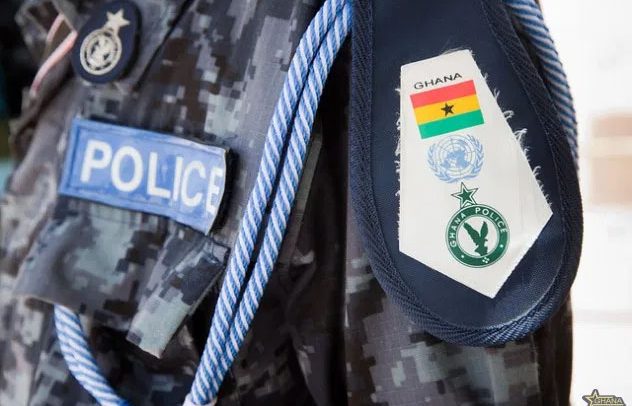The Ghana Police Service and Armed Forces have assured the public of their commitment to restoring peace and stability in Bawku, surrounding areas, a
The Ghana Police Service and Armed Forces have assured the public of their commitment to restoring peace and stability in Bawku, surrounding areas, and along the Bolgatanga-Walewale-Tamale highway.
This strategic deployment aims to boost security while managing traffic flow to ensure smooth movement across the region. The increased security comes after a group of armed men attacked passengers, set a vehicle alight, and blocked the Bolgatanga-Tamale route near Gbimsi in the North East Region over the weekend.
The attackers, armed with AK-47 rifles and other weapons, allegedly stopped vehicles from Bawku to search for passengers.
This escalation is linked to the recent resurgence of the Bawku chieftaincy conflict, which has intensified since Saturday, 26 October. According to reports, armed individuals attacked multiple passengers and set fire to one vehicle.
A statement issued by the Ghana Police Service said that police and military forces are now stationed in Bawku and nearby areas, with additional joint police and military deployments along the Bolgatanga-Walewale-Tamale highway to enhance security and control traffic flow.
The police and military reaffirmed their dedication to upholding peace, law, and order, assuring residents and travellers that these measures aim to protect lives and property.
“The Ghana Police Service and Ghana Armed Forces remain committed to maintaining peace and security in Bawku and its surrounding areas,” the statement emphasised.
Ethnic rivalries, land disputes, and chieftaincy conflicts are often primary sources of violence in northern Ghana, particularly in areas such as Bawku. Long-standing conflicts between the Mamprusi and Kusasi communities in Bawku have led to fatalities, displacement, and heightened insecurity.
Resource competition and longstanding grievances exacerbate these confrontations, resulting in cycles of violence. The impacts are far-reaching, affecting not only local populations but also the stability of the wider region. Achieving lasting peace has proven challenging, with intermittent violence complicating efforts by the government and local leaders to negotiate and resolve these conflicts.

